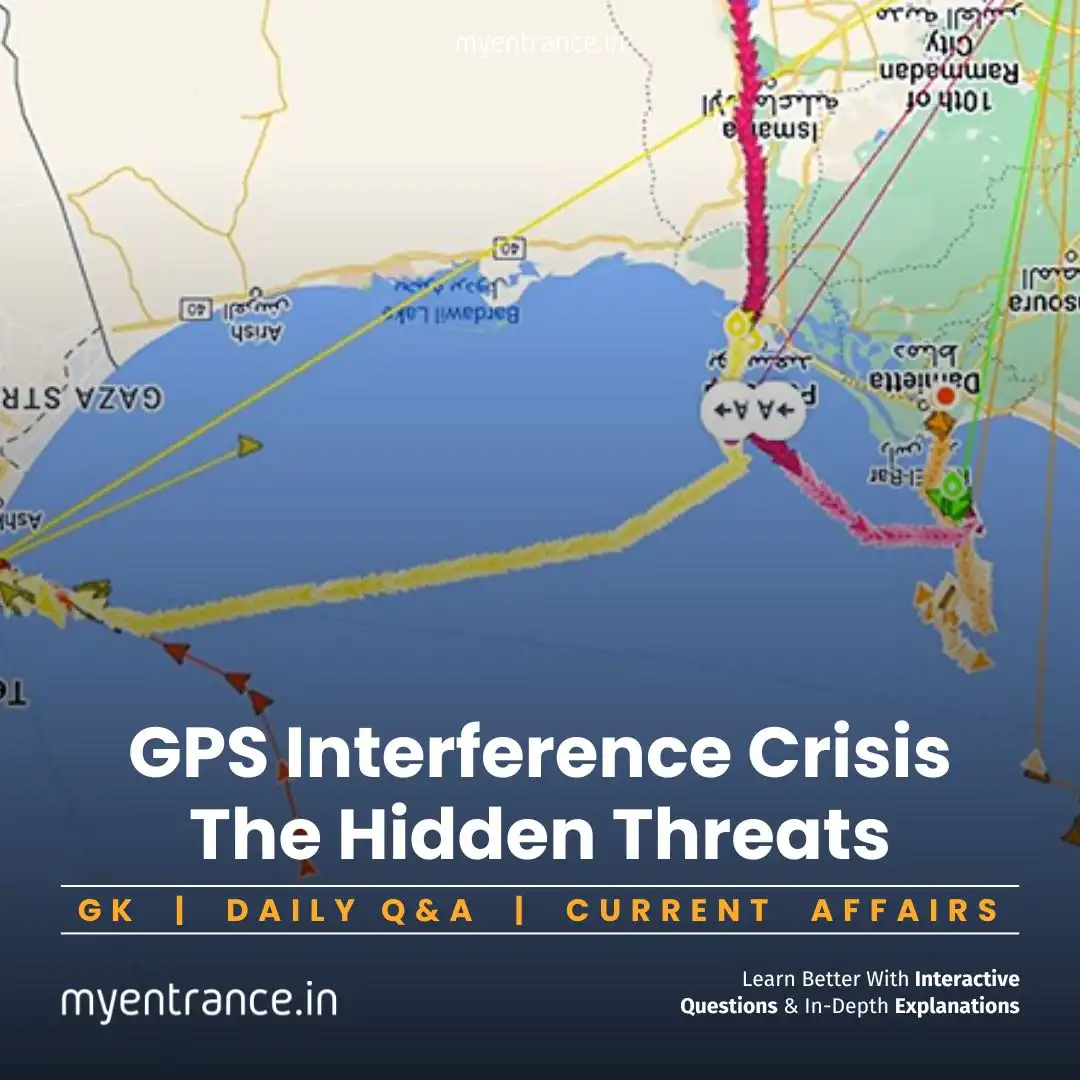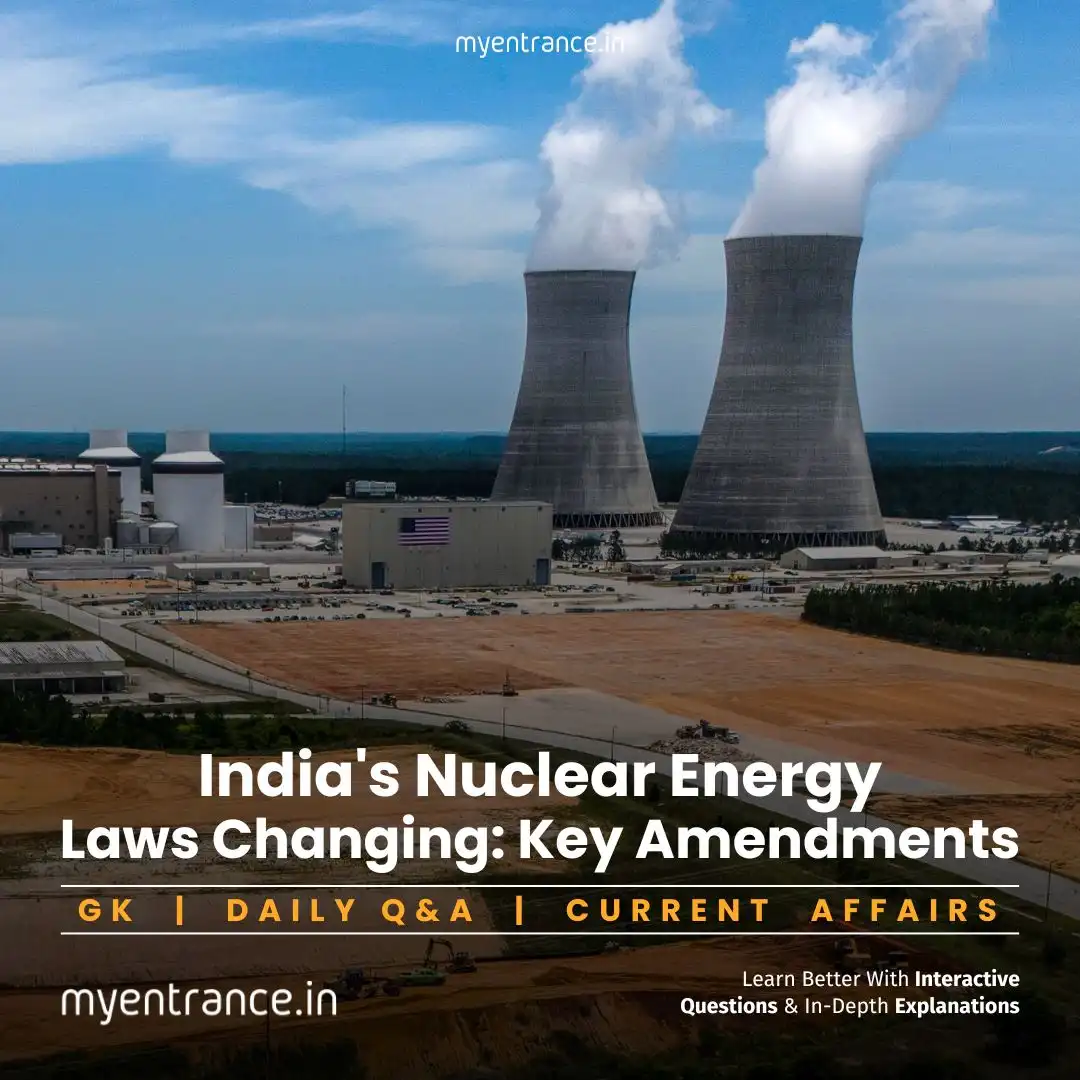Select Language
Why India’s Census Was Postponed to 2027: Key Facts for Aspirants
India’s decadal Census, postponed since 2021 due to COVID-19, will finally commence in 2025 with a 2027 reference date alongside a caste survey. The Union Home Ministry attributes the delay to the need for 30 lakh primary school teachers as enumerators—a deployment that would have “immensely disrupted education” post-pandemic.
1. Why the Delay in Census? MHA’s Explanation
The Ministry of Home Affairs (MHA) justified the delay in conducting the 2021 Census (postponed due to COVID-19) on X (formerly Twitter), citing two main reasons:
Disruption to Primary Education: Around 30 lakh enumerators (mostly primary school teachers) would have been diverted from teaching duties to census work, potentially hampering post-pandemic school recovery.
Data Quality Concerns: Countries that rushed censuses after COVID faced inaccuracies; India opted to wait for stability.
Key Takeaway: The government prioritized education recovery over immediate data collection, though critics argue the delay also postpones politically sensitive decisions like delimitation.
2. The Delimitation Controversy
Tamil Nadu CM M.K. Stalin accused the Central Government of deliberately delaying the Census to reduce southern states’ parliamentary representation during the upcoming delimitation exercise (redrawing of constituency boundaries).
Southern States’ Concerns:
Population-Based Seat Allocation: The Constitution mandates delimitation based on population data from the first Census after 2026.
Demographic Disparity: Southern states (e.g., Tamil Nadu, Kerala) have lower fertility rates than northern states (e.g., Uttar Pradesh, Bihar). If seats are allocated purely by population, the South could lose seats despite higher economic contributions.
Centre’s Response:
The MHA assured that stakeholder consultations would address concerns before delimitation.
Denied financial constraints, promising to complete the Census by 2027.
3. Political & Constitutional Implications
A. Delimitation Process
Constitutional Mandate: Article 82 requires delimitation after each Census, but the 1976 freeze (extended to 2026) paused seat adjustments to avoid penalizing states with successful population control.
Post-2026 Reality: The freeze lifts after the next Census, reigniting fears of a power shift to more populous northern states.
B. Southern States’ Apprehensions
Representation vs. Contribution: Southern states argue delimitation based solely on population ignores their higher tax contributions and development indicators.
Federal Tensions: Accusations of a political motive behind the delay fuel distrust between southern states and the Centre.
C. Centre’s Assurance
The government claims no budgetary constraints and emphasizes “fair discussions” during delimitation. However, vague assurances lack concrete mechanisms to protect southern interests.
4. Broader Implications
Demographic Punishment: States that controlled population growth may face reduced political clout.
Federal Balance: Delimitation could exacerbate North-South divide, with fiscal and political consequences.
Census Urgency: Further delays risk outdated data affecting welfare schemes, resource allocation, and electoral fairness.
Conclusion
The Census delay, while framed as a pragmatic choice, intersects with high-stakes political and constitutional debates. The Centre’s ability to address southern states’ concerns during delimitation will test India’s federal cohesion and commitment to equitable representation. The 2027 deadline leaves little room for further postponements, making this a critical issue ahead of the 2029 general elections.
Most Predicted Questions
Comprehensive study materials, Expert-guided tips & tricks, Mock tests and instant results.
Start your SSC, NIFT, NID, FDDI, PSC journey today with MyEntrance, your ultimate online coaching platform.








